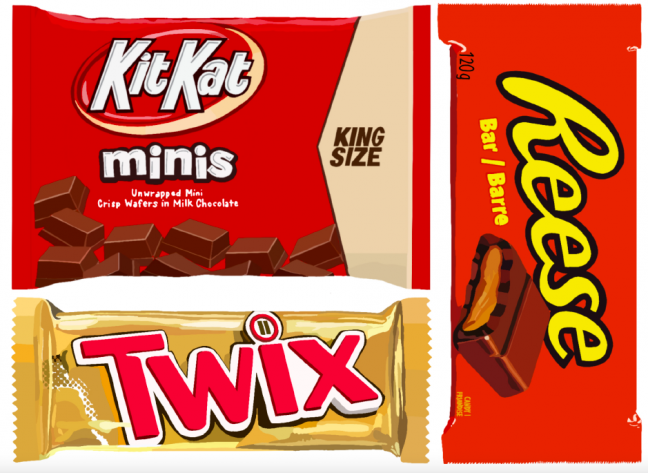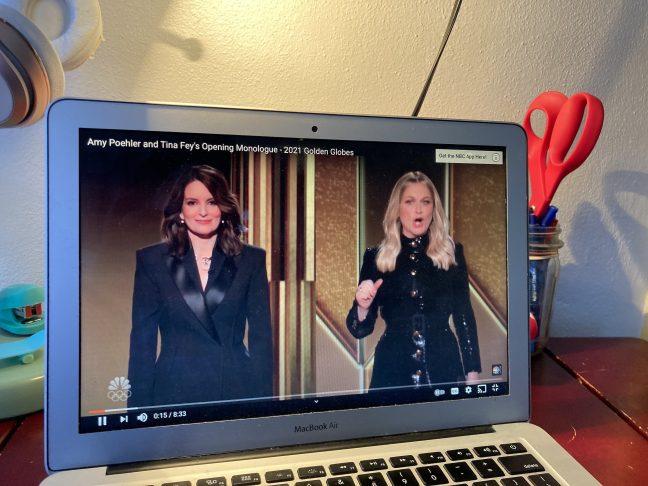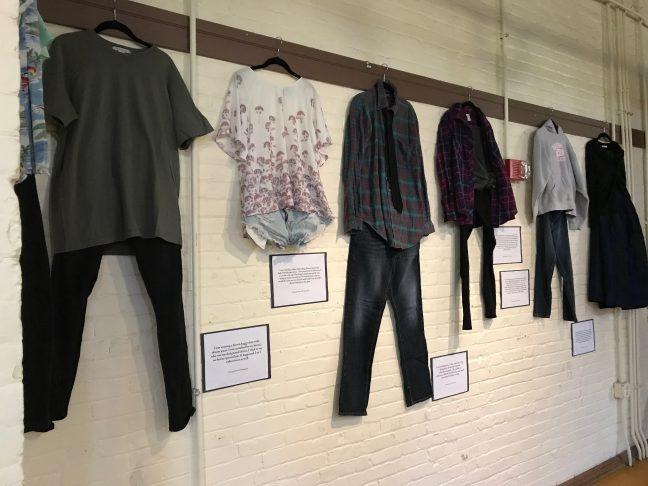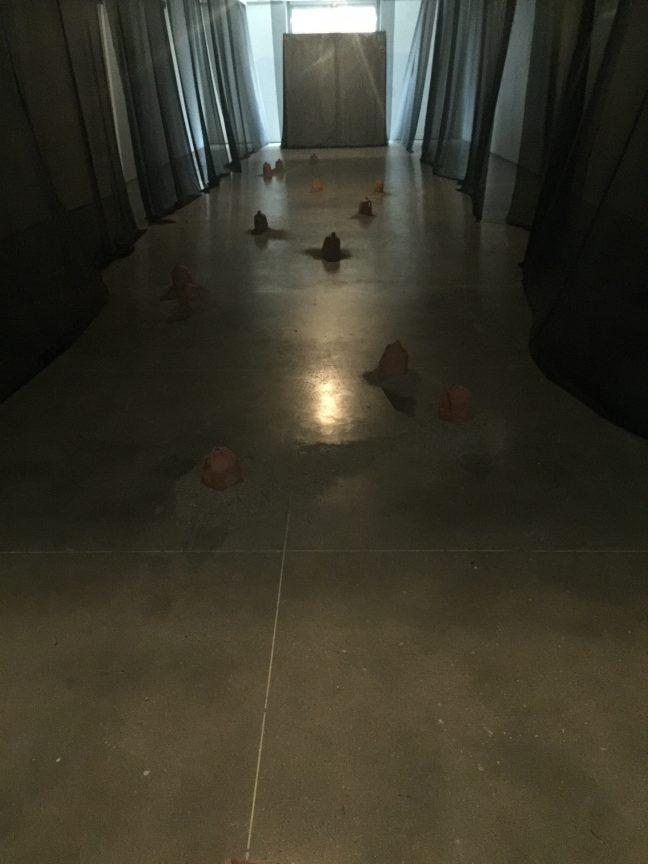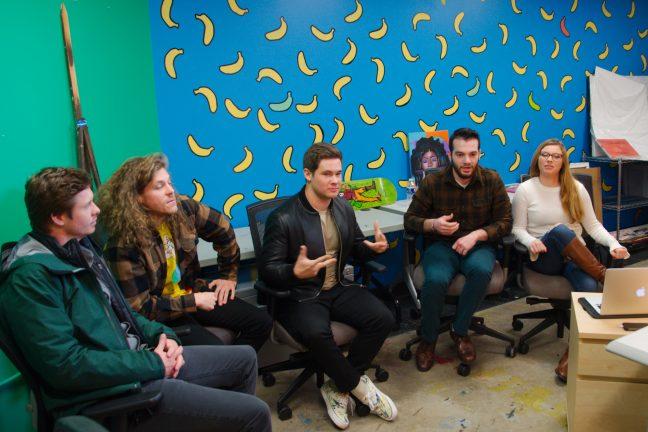
The 21st century has not been kind to CDs. Formerly the cash crop for record companies, these days the silver donuts are not only outmoded but also, for many, a pain in the ass. They take up space, cost money, the jewel cases are flimsy at best…if you have an iPod, you get the idea.
But then along comes Murfie, an entrepreneurial venture spearheaded by UW Alum Matthew Younkle. Murfie (www.murfie.com) seeks to lift the dust off your old CDs (or, more likely, your parents’) by offering a cheap and green method to get rid of them while getting more music in return.
In essence, Murfie is an account-based exchange that allows fans to trade or sell their old CDs online. Users can mail in their physical discs, have them stored digitally on their Murfie account, and purchase or barter with other users for their collections. Per a user’s request, Murfie will recycle the old jewel cases – the name is derived from the acronym MRF, for material recycling facility.
Younkle graduated in 1997 with degrees in electrical engineering and computer science. Before he started Murfie, his claim to fame was an engineering feat that ought to make Badgers proud: The TurboTap, a keg-to-cup apparatus that pours beer three to four times faster and with less waste than your standard issue rental from Riley’s.
Although TurboTap hasn’t made its way into sketchy Madison basements – no more “house cup!” shenanigans – it has been sold to various sporting event venues nationwide. Younkle sold most of his stake in the company in 2007 and since then has focused his efforts on Murfie.
Don’t confuse it with a peer-to-peer application, though. Murfie users can sell their CDs only once. In other words, if you sign up, you won’t be able to sell your dad’s old Pablo Cruise CDs over and over again (not that you’d be able to sell one of them in the first place).
“This isn’t a system for infringing on copyrights,” Younkle said. “You own [your CDs] on Murfie, and we’re allowing you to receive digital files that correspond to those discs.”
In a post-Napster world, any new platform is bound to raise a few red flags in entertainment and copyright law. But Murfie’s business model relies on two well-established rights for the sale and distribution of copyrighted materials; the first is that consumers are allowed to digitally convert their music, and the second is the basic right to sell music that you’ve purchased.
“We’re being very careful to stay in the mainstream with respect to copyright law,” Younkle said. “This is not a file sharing service; this is a way for you to sell and trade your music.”
And getting music for cheap, too. No album is priced more than $8, but many are much cheaper (Kanye West’s Graduation is only a dollar, for instance). Digital downloads are also coded with all the correct album information and metadata, meaning no more entering track numbers or correcting misspellings for the hardcore iTunes library sticklers.
Murfie also charges a one dollar CD-to-digital conversion fee and takes a 30 percent cut out of album sales, unless you use that money to spend on other Murfie music. So while single-track downloads aren’t available, Murfie users can get entire albums for about the price of a single song on iTunes without the potential for torrent-fueled free music guilt.
With only 300 members, Murfie might not be poised to become the next behemoth e-platform for digital music, but it makes a lot of sense for a consumer who takes pride in music ownership – without having to devote an entire part of their room to a music collection or spend ten clams for a record on iTunes. Hardcore, snobbish audiophiles might scoff at owning music in exclusively digital formats but, more than likely, Murfie is on to something.
Correction: Due to an editing error, Murfie is not a peer-to-peer file sharing service, as was originally suggested by the original headline on this article. It offers users a place to legally share and sell music. We regret the error.


